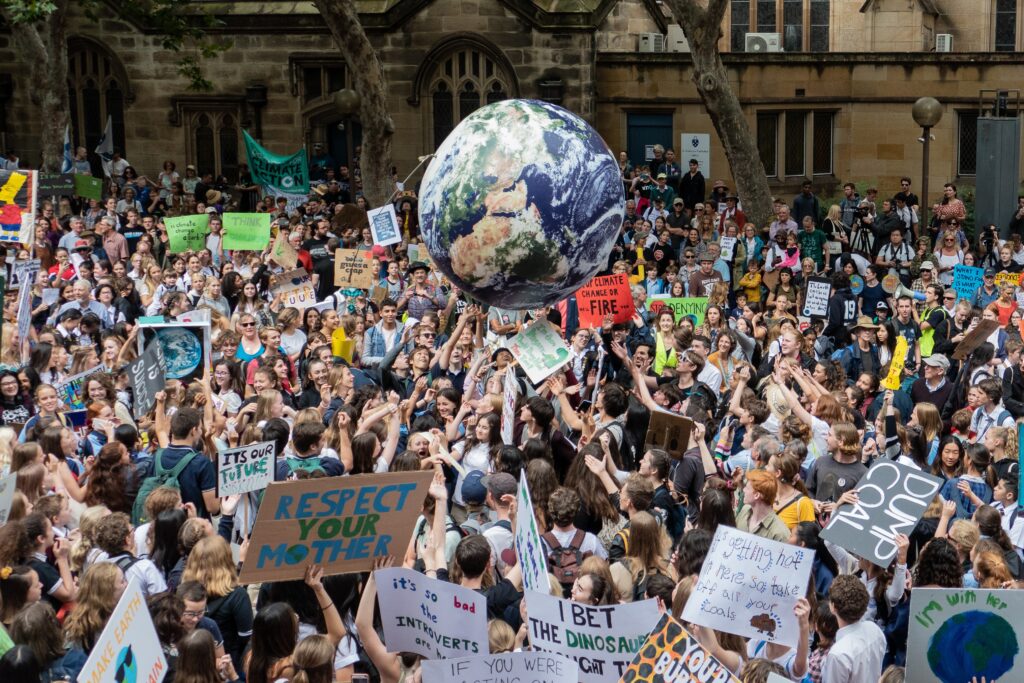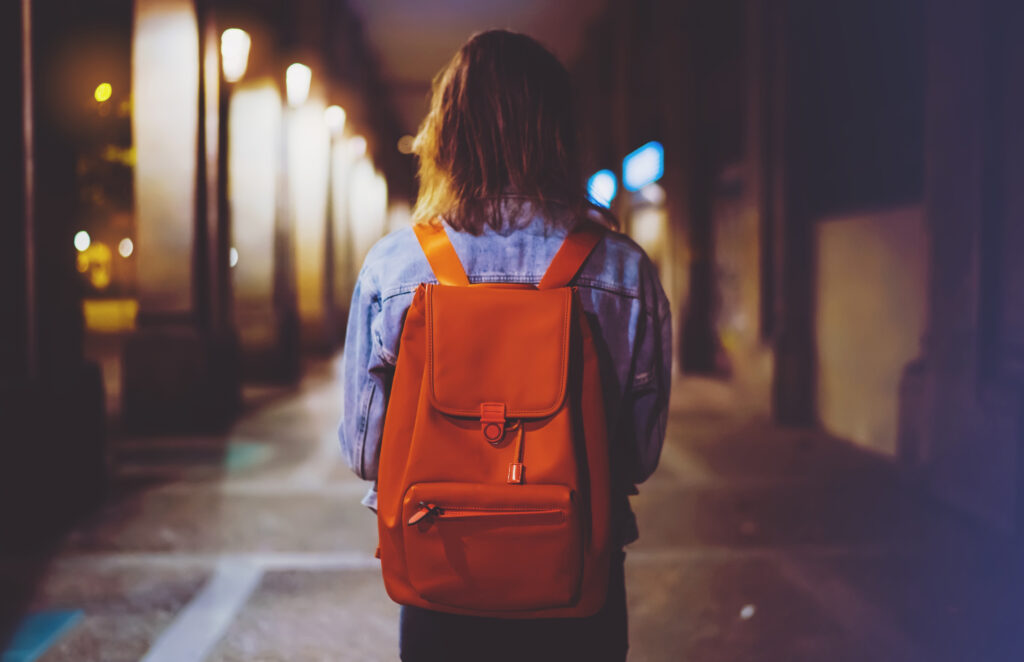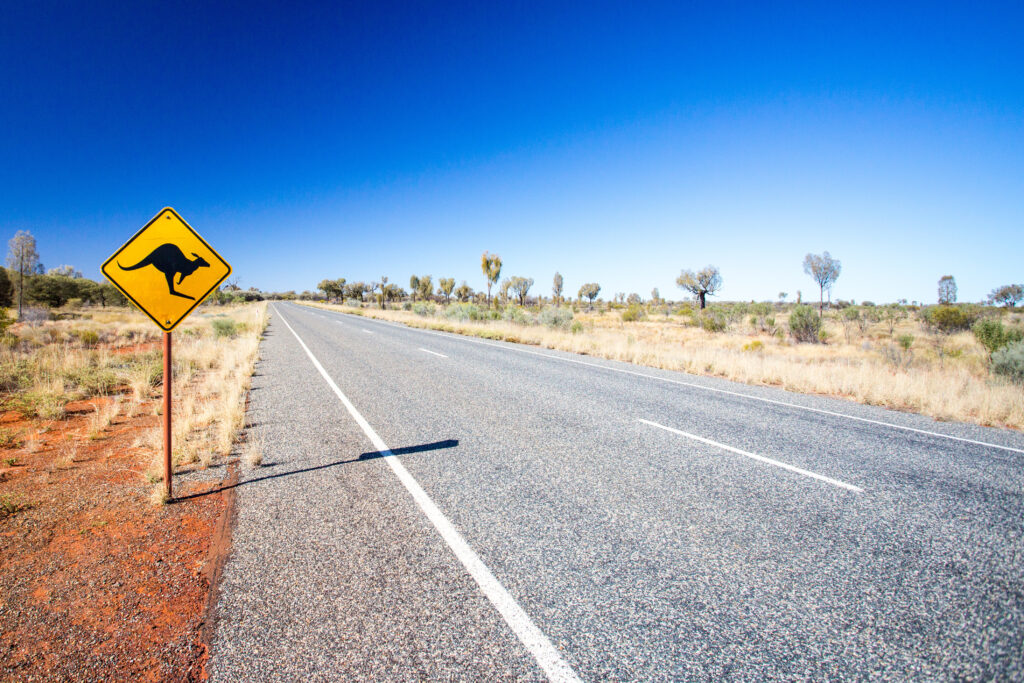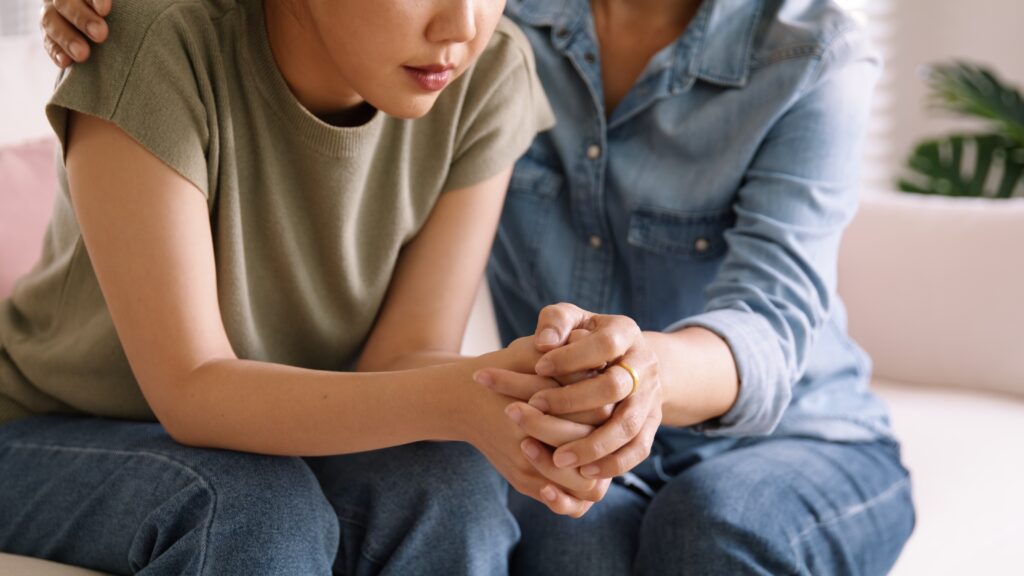If you’re an international student in Australia with a passion for social causes and thinking about participating in a rally, it’s a good idea to approach this with a well-informed perspective.
Protests can be powerful expressions of belief, but they also require understanding local laws and safety measures to ensure your experience is both positive and lawful. This guide will help you protest safely in Australia, so you can support your causes without compromising your safety or legal standing.
What are the protest laws in Australia?
Understanding the legal landscape is essential for participating in protests without encountering legal issues. While attending a protest is legal, engaging in antisocial actions such as harming others or damaging property can lead to charges.
Many Australian states require permits for public gatherings, especially if they involve large numbers of people or could potentially disrupt traffic or access to public areas. Obtaining the right permits is important because, without them, an event can be declared unlawful, which means you could be asked to disperse. If you’re unsure, check with local authorities or the event organisers about the necessary permits before joining a protest.
The rules governing protests vary widely across different states and territories in Australia. Check your state or territories below for more information:
- New South Wales
- Victoria
- Queensland
- Western Australia
- South Australia
- Tasmania
- Australian Capital Territory
- Northern Territory
Your code of conduct at protests
When you head to a rally or protest, you might notice that organisers often provide a set of guidelines or a code of conduct. These are there to help keep everything running smoothly and to ensure the event stays peaceful and respectful. Even if there isn’t an official code handed out, here are some key practices to keep in mind to look after yourself and others:
- Non-violence: Commit to non-violent actions and expressions. Avoid any behaviour that could incite aggression or conflict among other protesters or with law enforcement. Remember, the goal is to promote your cause, not to provoke hostility.
- Respect for others: Show respect towards all participants, bystanders, and property. Do not engage in vandalism, and avoid obstructing daily activities of non-participants. Everyone’s rights must be upheld, including those who are not part of the protest.
- Cooperation: Follow the directions of event organisers and legal observers. They are there to ensure the safety and legality of the protest. Their guidance often includes critical safety information, so paying attention can prevent legal issues and personal harm.
- Communication: Keep communication clear and peaceful. Use your voice and signs to express your views without resorting to slurs or inflammatory rhetoric. Effective protest is about persuading others, not alienating them through aggressive language.
Interacting with police
At rallies and protests, it is a possibility that you may encounter and interact with police. Here are a few things to keep in mind to help prevent misunderstandings and conflicts:
- Be respectful: Be cooperative and follow reasonable police instructions, like “move back”. Always respond calmly and politely to police inquiries. Provide identification if requested but avoid providing more information than legally required. If you do not know their rank, refer to them as ‘Officer’
- Rights during detention: If detained, don’t provoke or resist. You have the right to remain silent except for providing your name and address. You also have the right to contact your consulate and a lawyer. When speaking, don’t lie.
- Observing officers: If you feel your rights are being infringed upon, look for legal observers who are often present to monitor police actions at larger protests.
- Recording: You can legally record police in public spaces if you are not interfering with “police duties”. Police cannot take your phone without a lawful reason.
For more information on your rights and what to do when interacting with police, check out the CopWatch website.
What to wear and bring
Wearing the right clothes and bringing the right gear can really boost your safety and comfort:
- Clothing: Wear layers that can protect you from both the weather and potential crowd movements. Avoid wearing anything that can easily be grabbed.
- Anonymity: In some cases, you might want to wear a mask and eyewear at protests to keep your identity private. This can help you participate comfortably without worrying about being recognised in photos or videos that might be shared publicly.
- Essentials: Always carry water, high-energy snacks, sun protection, and basic first aid supplies. A charged mobile phone with emergency numbers pre-saved is also helpful.
What not to bring
Avoid bringing items that could get you into legal trouble or endanger others:
- Illegal items: Weapons, alcohol and illegal drugs are strictly prohibited at protests and rallies.
- Risk items: Do not carry anything that could potentially be used as a weapon, including items that are generally safe but could be misconstrued in a crowd.
Legal services
While it’s unlikely that you’ll need legal assistance, it’s really important to know where to find help just in case. Here are the contact numbers for free legal services in each state and territory, which can be helpful in unexpected situations:
- Victoria: 1300 792 387
- New South Wales: 1300 888 529
- Australian Capital Territory: 1300 654 314
- Queensland: 1300 651 188
- Western Australia: 1300 650 579
- South Australia: 1300 366 424
- Tasmania: 1300 366 611
- Northern Territory: 1800 019 34
Translating and Interpreting Service: 13 14 50
Consular assistance: Keep your consulate’s contact information handy in case you need legal assistance or emergency intervention.





